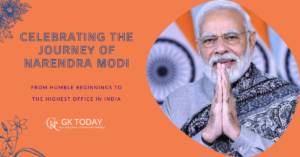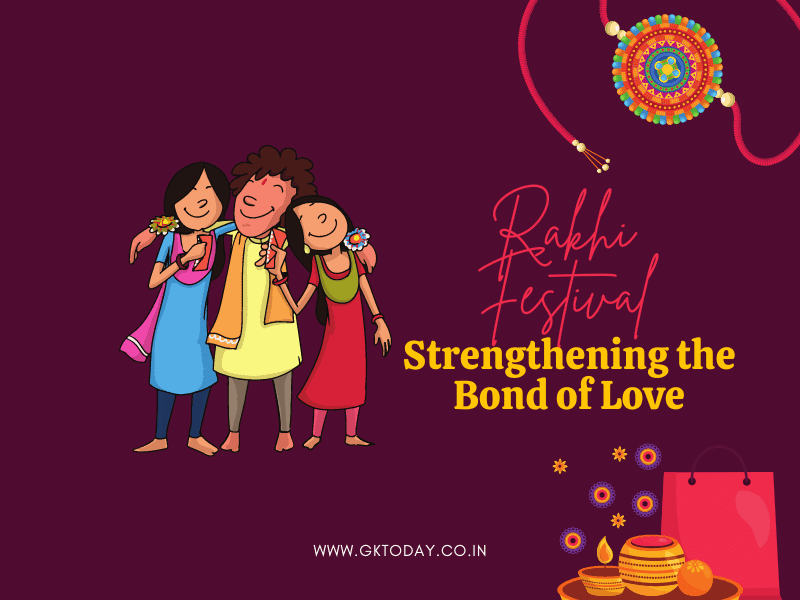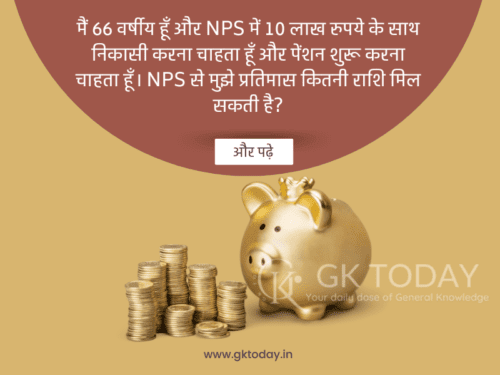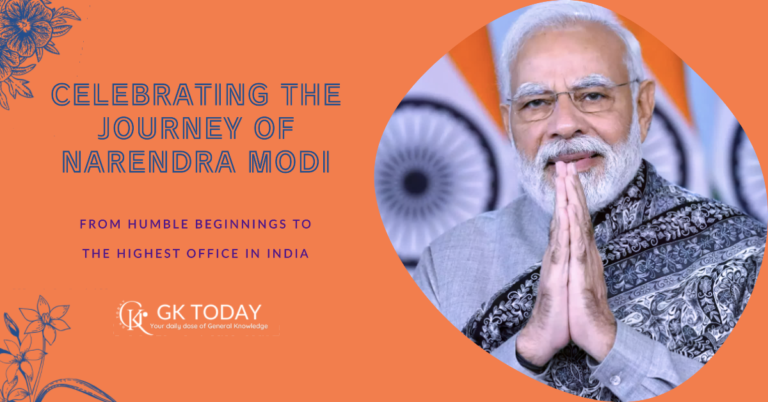India is a land of diverse cultures and traditions, and one such heartwarming celebration is the Rakhi festival. Also known as Raksha Bandhan, this auspicious occasion holds a special place in the hearts of millions.
Celebrated across the country, Rakhi is a beautiful portrayal of the unique bond between siblings, reinforcing the values of love, protection, and unity.

History and Significance:
The roots of Rakhi can be traced back to ancient Indian mythology and historical narratives. The festival’s history is dotted with intriguing tales that showcase the essence of this cherished tradition. One of the most famous stories revolves around the epic Mahabharata, where Lord Krishna came to the rescue of his devotee, Draupadi.
During the infamous “Vastra-Haran” incident, Draupadi tied a piece of her torn saree around Lord Krishna’s wrist. Touched by her devotion and purity, Krishna promised to protect her from all adversities. This sacred thread is considered the precursor to the modern-day Rakhi.
Another significant legend dates back to the era of Emperor Humayun and Queen Karnavati. When Chittor was under attack, Queen Karnavati sought Emperor Humayun’s help by sending him a Rakhi. Touched by the gesture, Humayun immediately dispatched his troops to protect her kingdom.
The Rakhi Tradition:
Rakhi is celebrated with great zeal and enthusiasm, signifying the unbreakable bond between brothers and sisters. The festival falls on the full moon day of the Hindu month of Shravana (July/August).
On this day, sisters tie a colorful thread, called Rakhi, around their brothers’ wrists as a symbol of love and protection. In return, brothers offer gifts to their sisters and promise to safeguard them from all challenges throughout their lives.
Contemporary Celebrations:
While the core sentiment of Rakhi remains intact, the way it is celebrated has evolved over time. In addition to the traditional brother-sister relationship, Rakhi is now observed between cousins, friends, and even neighbors, transcending blood ties. This inclusivity has given Rakhi a broader, more encompassing appeal.
In modern times, Rakhi has also become an opportunity for family reunions, with siblings coming together from near and far to mark the occasion. The markets are flooded with a vibrant assortment of Rakhis, ranging from simple threads to intricately designed ones adorned with beads, pearls, and other decorative elements.
Rakhi Across Generations:
The beauty of Rakhi lies in its ability to bridge the generation gap. The festival holds equal significance for the elderly and the young, as they partake in the rituals with equal enthusiasm. It serves as a reminder to the younger generation about the importance of respecting and cherishing family ties, while also offering an opportunity for the elderly to reminisce about their childhood Rakhi celebrations.
Rakhi and Women Empowerment:
Rakhi is not just a festival of siblings but also an embodiment of women’s empowerment. It celebrates the strength and resilience of women who, throughout history, have played significant roles in protecting their families and loved ones. Rakhi emphasizes the importance of women standing tall alongside men as equals, offering their unwavering support and protection.
Celebration Around the Nation:
Rakhi is celebrated with great fervor throughout India, with each region adding its own unique touch to the festivities. In the northern states, like Punjab, Haryana, and Rajasthan, the day is celebrated with traditional rituals, followed by mouthwatering feasts. In the western states of Gujarat and Maharashtra, the festival is known as “Raksha Purnima” and is dedicated to expressing gratitude to God and seeking his blessings.
In the southern states, such as Karnataka and Tamil Nadu, the occasion involves tying a “Raksha Bandhanam” or “Charadu” around the wrists of brothers. In eastern India, especially in West Bengal and Odisha, “Jhulan Purnima” is observed, where idols of deities are adorned with Rakhis.
Global Influence of Rakhi:
As Indian communities have spread across the world, the Rakhi festival has transcended borders and is now celebrated in various countries with Indian diasporas. It has become a beautiful symbol of cultural unity, where people from different backgrounds come together to celebrate the spirit of love and protection.
Conclusion:
Rakhi is more than just a festival; it is a celebration of love, protection, and the enduring bond between siblings. Through the ages, this joyous occasion has continued to bring families together, fostering love, affection, and unity among all. As India’s cultural fabric continues to evolve, Rakhi stands as a timeless reminder of the importance of cherishing and nurturing relationships that enrich our lives.
So, on this auspicious day, let us embrace the spirit of Rakhi and celebrate the precious ties that bind us all.
Reference Links:



















